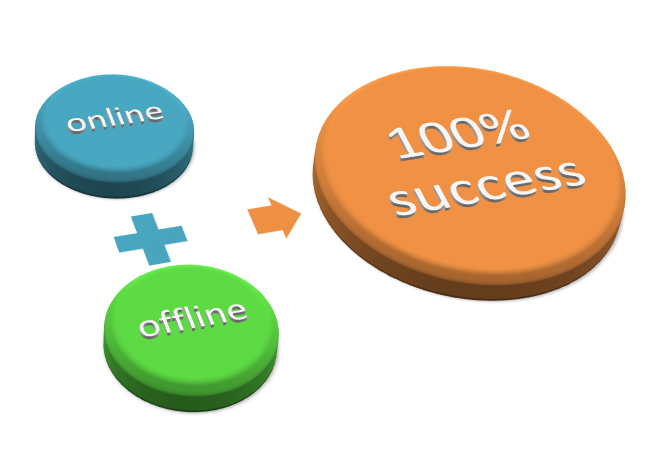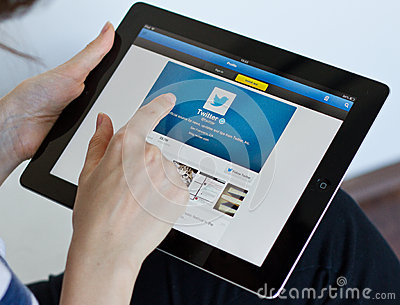Service is a product in an intangible form that satisfies human needs and wants which is paid for e.g. consultancy, training, financial services, dry cleaning and laundry, hairdressing, maintenances, etc.
Services are (usually) intangible economic activities offered by one party to another. Often time-based, services performed bring about desired results to recipients, objects, or other assets for which purchasers have responsibility. In exchange for money, time, and effort, service customers expect value from access to goods, labor, professional skills, facilities, networks, and systems; but they do not normally take ownership of any of the physical elements.
To establish a business that renders services to consumers, you have to consider some major factors because service marketing has unique characteristics that distinguish it from product marketing such as intangibility, inseparability, variability and perishability. These characteristics make it look difficult to determine marketing programmes suitable for a particular service to offer.
Though services have common characteristics, there are still differences in the way they’re offered, for example while banks, hotels and hospitals will need your presence before you can receive their services, communication providers do not need to see your face before you can subscribe to their services and some service providers will need to come to your office or house to render services such as janitorial and cleaners.
Below are some factors to be considered in service delivery;
- Product – This is the solution offered to the market in form of services, which has the ability to offer benefit/satisfaction to the business or person receiving it without element of ownership. Therefore quality must be a priority if you must retain your customers.
- Price – is the process of determining the value of the services rendered. Your price should be commensurable with the quality of service, time taken, professionalism, and augmented packages. Price plays important role in service marketing, it can be used to segment your market or as a strategy.
- Promotion – Consider promoting your services as important as the business itself; package your business in a way it will be noticed or seen by your target market, use social media marketing, website, blog, search engine optimization, exhibitions etc to promote your business.
- Place – This refers to how you distribute your services E.g. Banks use ATM and self service centers, Insurance people bring their service to your office, Eateries use dispatch rider, hair stylist offer home services etc. therefore the kind of service you offer determines the distribution strategy suitable for you.
- Physical evidence – This is the building, location, conducive environment for client to receive service, online services, etc. Certain services requires customers coming for it, while some require the service providers to visit the client’s site, e.g. cleaning services, painting jobs, maintenance works.
- Process – This involve the procedures, policies and processes taken to deliver your services to your customers. This will include the professionalism, uniqueness and styles that differentiate you from other service providers. This is a documented standard of work processes that enunciate how activities should be carried out.
- Personnel -The caliber of your staff tells much about you organization that is why some companies spend a lot of money on training and development of their staff. You can make branded T-shirt and uniform for your staff, overall for the technicians etc.
Good planning and implementation of these factors known as 7ps of marketing mix can help your marketing efforts, in fact every marketing activities and strategies revolve around these factors. If you can get it right with these 7ps, every other aspect of business becomes easy.
There are different ideologies and theories out there, therefore it would be nice if you can share your knowledge with us and others below.







